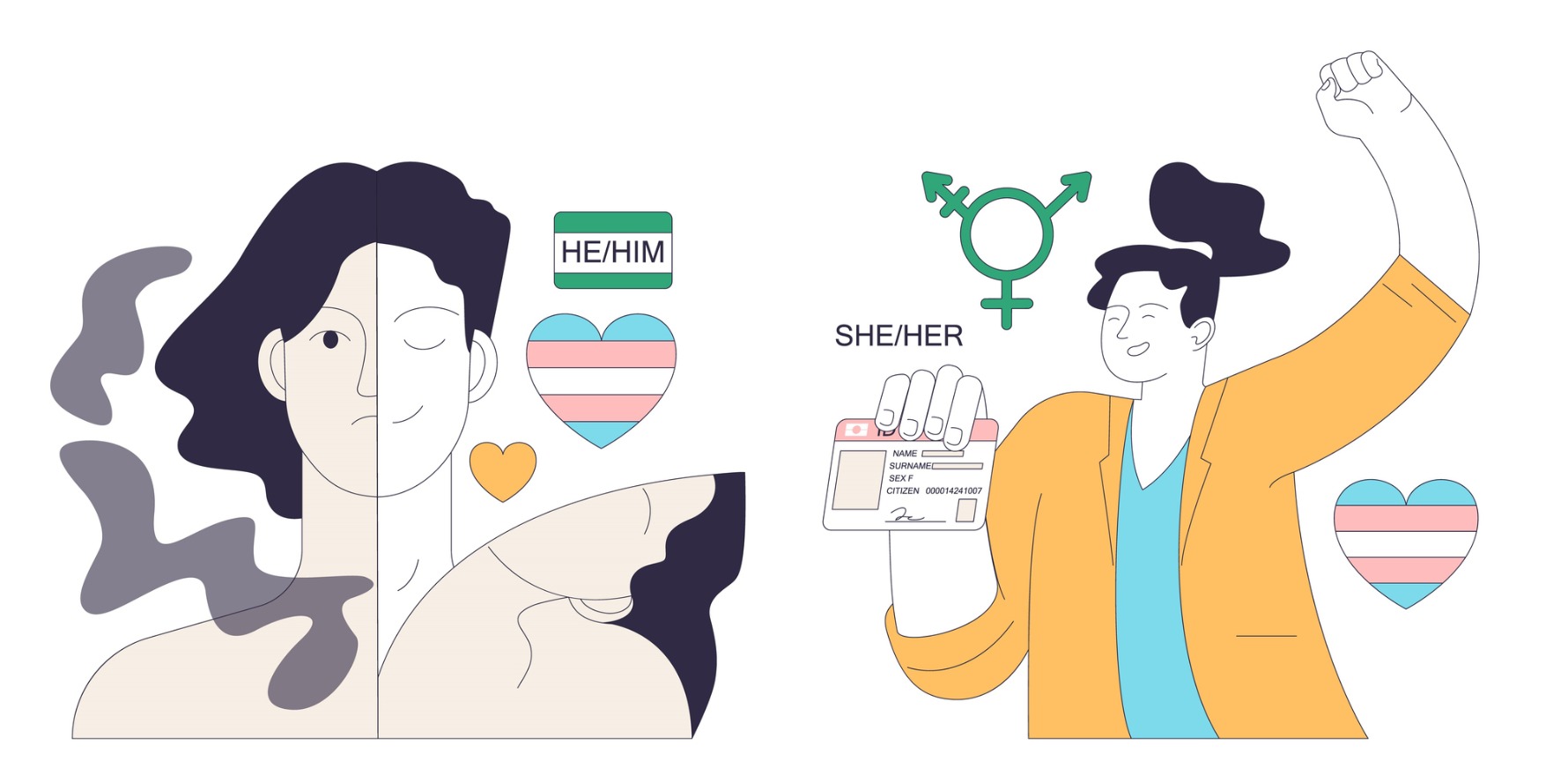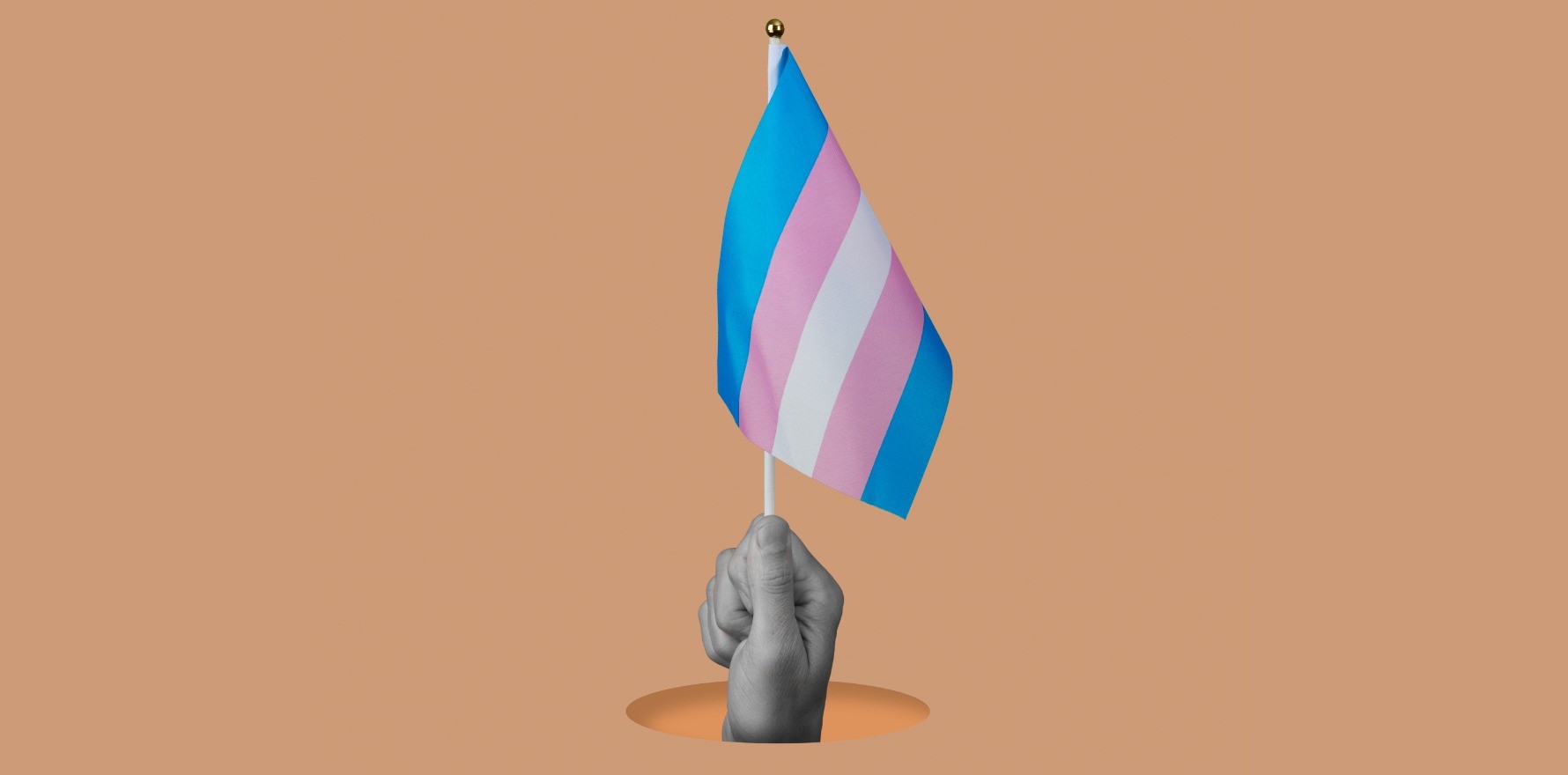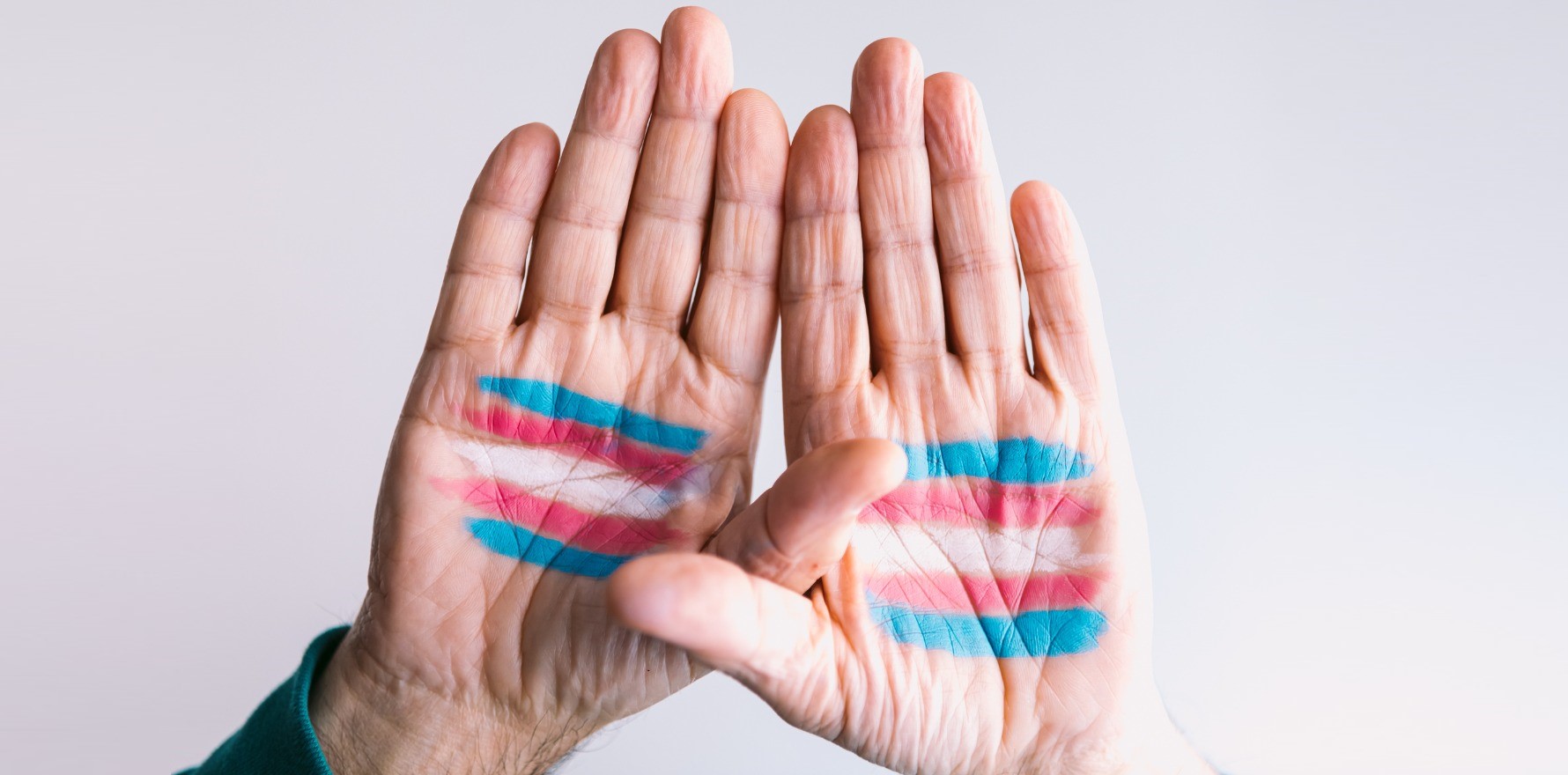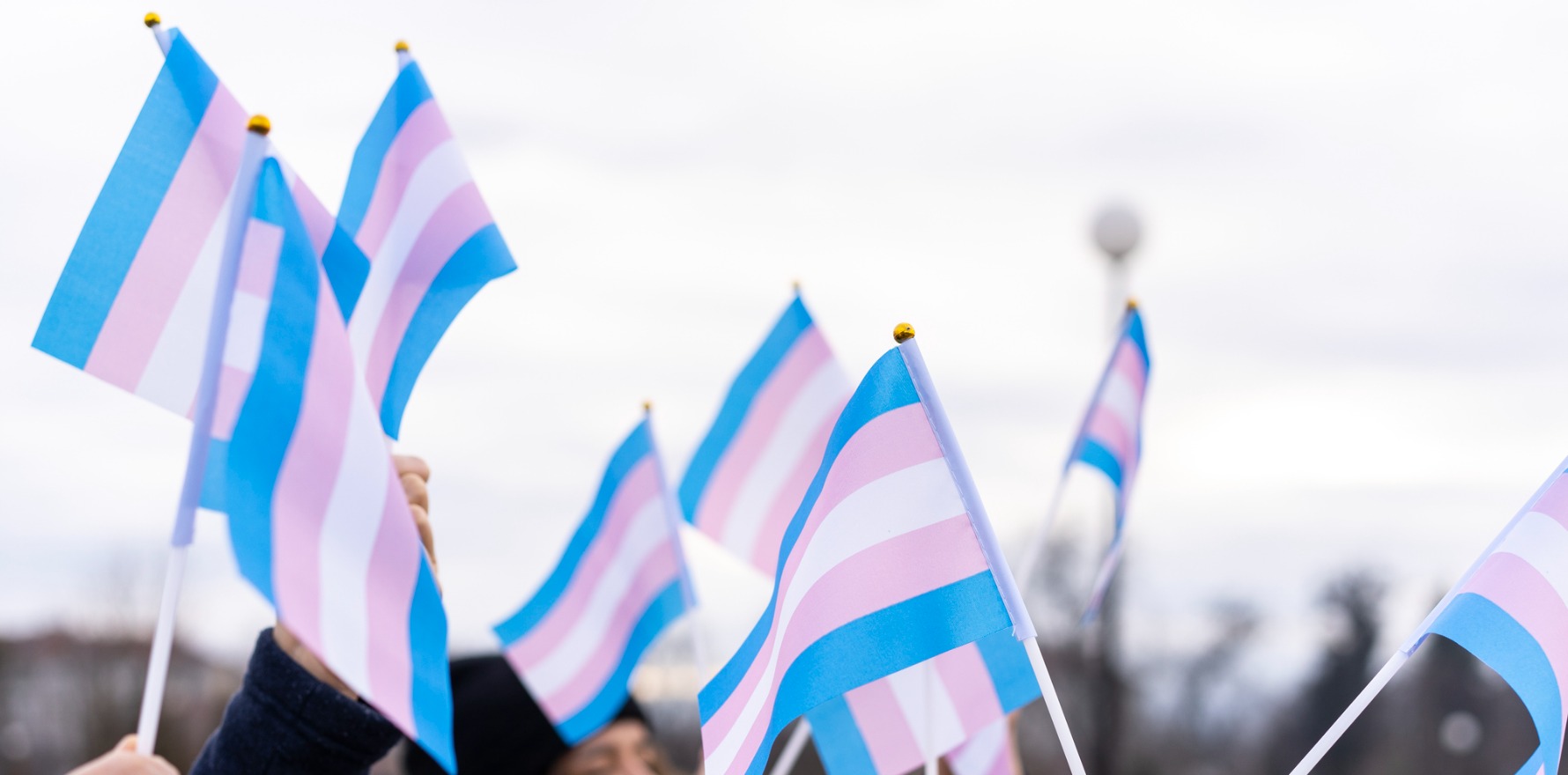If the item number is assigned to the different kinds of surgery that people who are transgender actually require that may encourage state governments to allocate dedicated funds.
An MSAC application for gender-affirming care for adults with gender incongruence lodged in 2023 is now under serious consideration.
The application is focused on integrating numerous gender-affirming treatments to come under the MBS to receive subsidies under Medicare.
The application goes into great depth over why it specifically refers to gender incongruency over gender dysphoria as a prerequisite before initiating treatment.
The Medical Republic spoke to Dr Clara Tuck-Meng Soo, the former president of trans-health group AUSPATH about why the clarification of gender incongruence was important to the application.
“The community feels that being diagnosed with genetic dysphoria means that they have to see a medical professional to see whether they satisfy the criteria for gender dysphoria, and that’s stigmatising, and also viewed as gatekeeping.” Tuck-Meng Soo said.
“A lot of health professionals now recognise that the trans community has been a certain level of discomfort about using gender dysphoria as a qualifier for excessive treatments, and gender incongruence is a much less stigmatising way of actually describing the medical need.”
This clarification will mean that access to gender-affirming care would not just exclusively cover transgender people but also other non-gender-conforming groups, meaning that the health services will be reflective of the community’s needs.
However, the main kicker of the application is to make gender-affirming care far more accessible under the Medical Benefits Schedule, with many traditionally expensive treatments being subsidised under the initiative.
Related
The application is being discussed as a multidisciplinary initiative in reference to the considerations made in consultation with the mental health sector.
However, this multidisciplinary collaboration is still in need of additional training and funding to have an effective framework for the application to integrate into.
Dr Soo highlighted this current flaw,
“One of the intentions of this application is that if the actual item number is assigned to the different kinds of surgery that people who are transgender actually require then that may encourage state governments to actually allocate dedicated funds for this.
“There’s still a problem with insufficient surgeons getting trained to provide the kinds of surgery that transgender people need, there’s no clear training pathway for this kind of surgery in Australia,” she said.
The RAGCP has responded to the application stating both their support and acknowledgement of the importance of specific care for complex priority groups.
They went on to express how the high upfront costs are a significant barrier for young adults seeking gender affirming surgery.
The Royal Australian and New Zealand College of Psychiatrists also released a statement that highlighted the necessity of gender-affirming care in producing better mental health outcomes for gender-diverse Australians.
The psychiatrists reiterated that the application would require multidisciplinary support to ensure beneficial care standards for the gender-diverse community.
This has come at an especially critical time for gender-affirming care in Australia, especially after the recent instance of the Queensland government pausing the prescription of puberty blockers to new patients.
Another key justification from the application was the clarification that gender-affirming care is there to act as a form of intervention rather than just technology.
This clarification is important to the application as it explains how the intention of increasing access to said services is to intervene rather than alter, for the benefit of gender affirmation.





